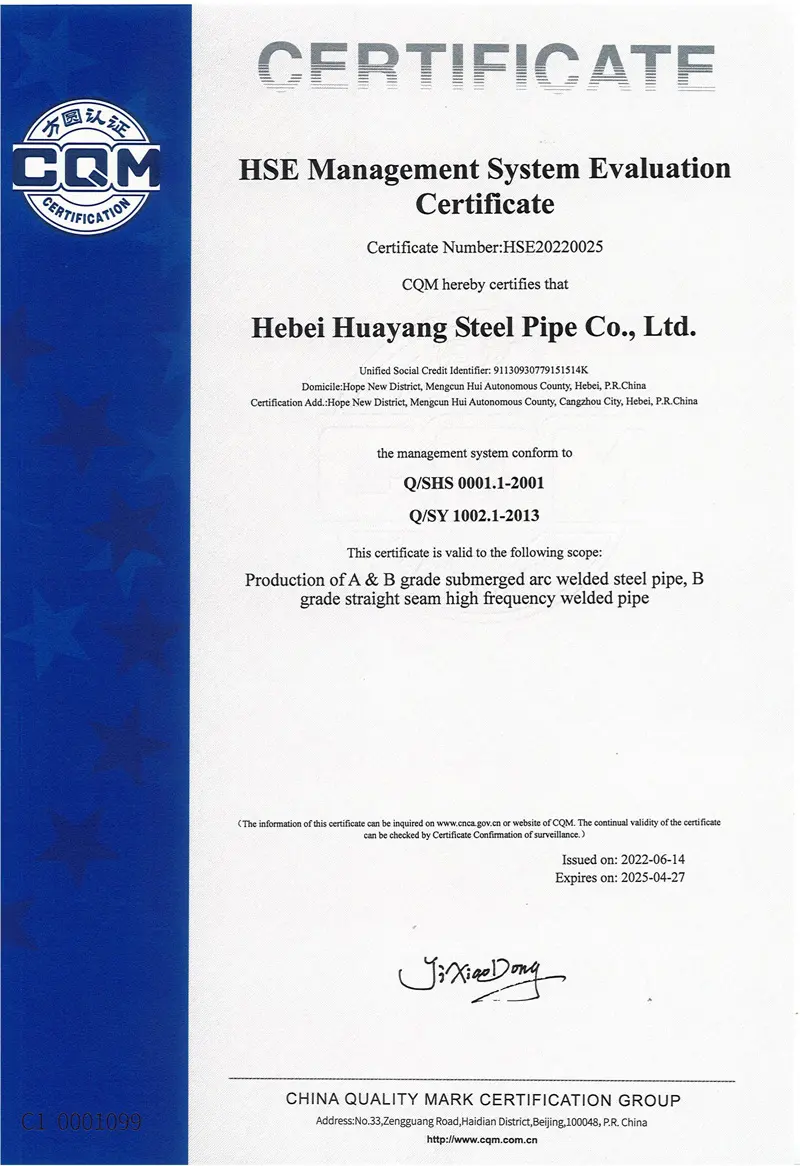
ഡിസം . 05, 2024 15:02 Back to list
hydroxyethyl cellulose cas no
Hydroxyethyl Cellulose An Overview
Hydroxyethyl cellulose (HEC) is a non-ionic, water-soluble polymer derived from cellulose, a natural polysaccharide found in the cell walls of plants. With its CAS number 9004-62-0, HEC has garnered significant attention across various industries due to its unique properties and versatile applications. This article delves into the characteristics, production, and diverse uses of hydroxyethyl cellulose.
Characteristics of Hydroxyethyl Cellulose
HEC is known for its remarkable swelling and thickening abilities when mixed with water, making it a valuable thickener in various formulations. One of its most appealing features is its ability to form a gel-like consistency, which is crucial in products ranging from cosmetics to pharmaceuticals. Additionally, HEC exhibits excellent rheological properties, such as viscosity stability over a wide range of temperatures and shear rates. Its non-ionic nature minimizes interactions with other ingredients, ensuring compatibility across formulations.
The molecular weight of HEC can vary significantly, influencing its solubility and viscosity. Typically, HEC is categorized into low, medium, and high molecular weight grades, allowing formulators to select the appropriate type based on specific application requirements. The degree of substitution (DS), a measure of the number of hydroxyethyl groups added to the cellulose, also plays a crucial role in determining the properties of HEC, such as solubility and film-forming capabilities.
Production of Hydroxyethyl Cellulose
The production of hydroxyethyl cellulose involves the chemical modification of cellulose, primarily sourced from cotton or wood pulp. The process begins with the alkalization of cellulose fibers, followed by the introduction of ethylene oxide under controlled conditions of temperature and pressure. This reaction results in the etherification of the hydroxyl groups of cellulose, producing hydroxyethyl groups. The degree of etherification can be controlled to produce varying grades of HEC.
Once synthesized, HEC is typically purified, dried, and milled into a fine powder, which can then be easily incorporated into various formulations. The manufacturing process not only ensures product consistency but also adheres to safety regulations set by organizations like the U.S. Food and Drug Administration (FDA), which has approved HEC for use in food, cosmetics, and pharmaceuticals.
Applications of Hydroxyethyl Cellulose
hydroxyethyl cellulose cas no

HEC's versatility is evident in its broad range of applications across multiple industries
1. Cosmetics and Personal Care Products HEC is commonly used as a thickener, stabilizer, and emulsifier in creams, lotions, shampoos, and gels. Its ability to form a smooth texture enhances the sensory experience of consumers.
2. Pharmaceuticals In the pharmaceutical sector, HEC is employed as a binder in tablet formulations and as a film-forming agent in coatings. Its biocompatibility and non-toxic nature make it ideal for various medicinal applications.
3. Food Industry HEC serves as a food additive, enhancing the texture and stability of products such as sauces, dressings, and dairy products. Its role as a thickening agent contributes to mouthfeel and overall consumer satisfaction.
4. Construction The construction industry utilizes HEC in cement and mortar compositions, where it improves workability and water retention. This application is particularly useful in tile adhesives and decorative plastering.
5. Oil and Gas HEC is often used as a viscosifier in drilling fluids, contributing to better hole cleaning and stability during the drilling process.
Conclusion
Hydroxyethyl cellulose is a versatile and essential ingredient across various industries, celebrated for its thickening, stabilizing, and emulsifying properties. With its unique characteristics and safe profile, HEC continues to be a preferred choice for formulators aiming for high-quality products. As industries evolve, the demand for sustainable and efficient polymers like HEC is expected to grow, marking its importance in future innovations. Whether in cosmetics, pharmaceuticals, or food applications, hydroxyethyl cellulose remains a staple ingredient that significantly enhances product performance and user experience.
-
Versatile Hpmc Uses in Different Industries
NewsJun.19,2025
-
Redispersible Powder's Role in Enhancing Durability of Construction Products
NewsJun.19,2025
-
Hydroxyethyl Cellulose Applications Driving Green Industrial Processes
NewsJun.19,2025
-
Exploring Different Redispersible Polymer Powder
NewsJun.19,2025
-
Choosing the Right Mortar Bonding Agent
NewsJun.19,2025
-
Applications and Significance of China Hpmc in Modern Industries
NewsJun.19,2025







